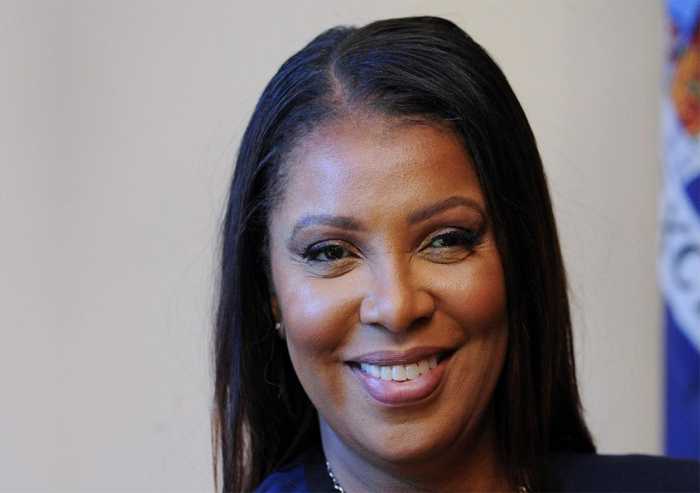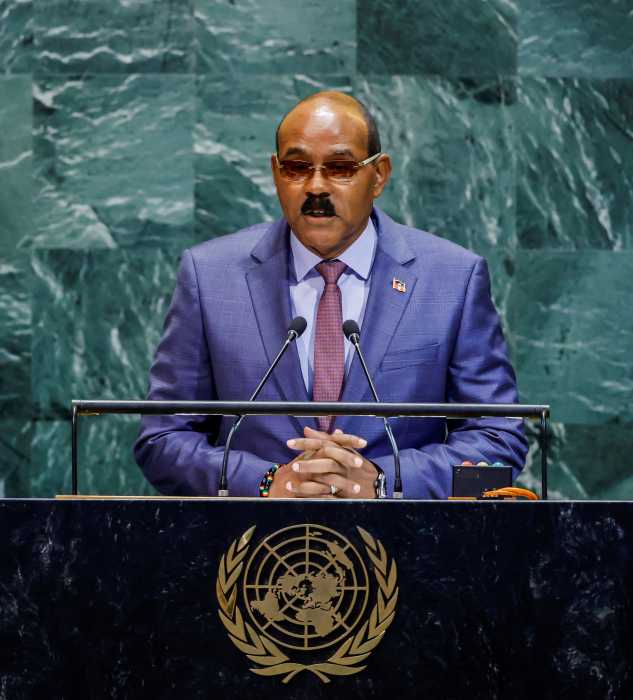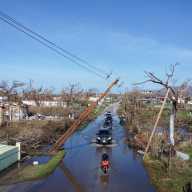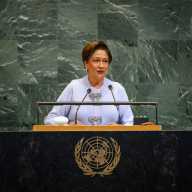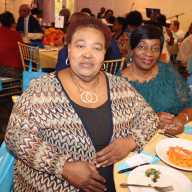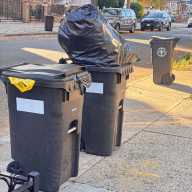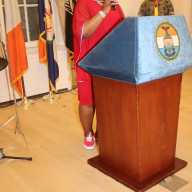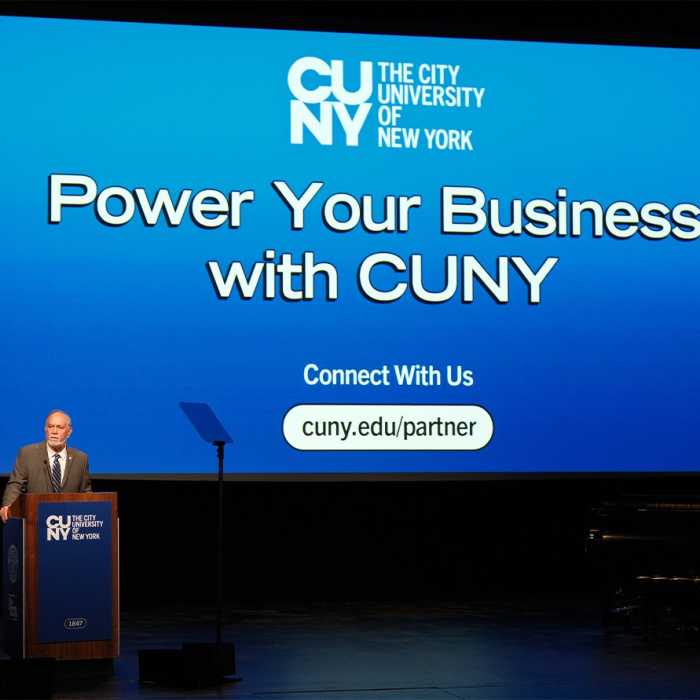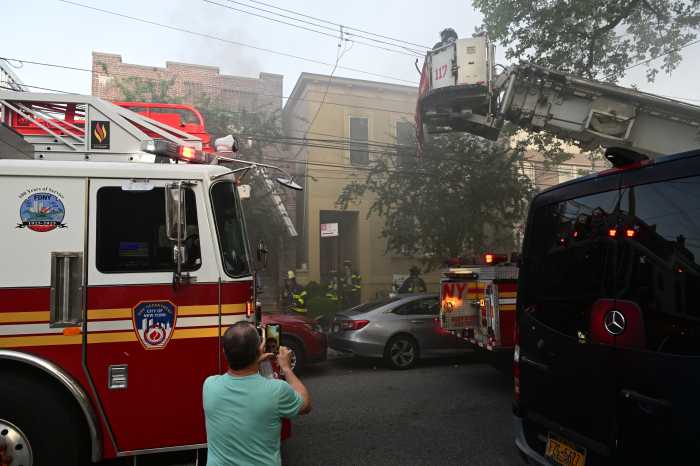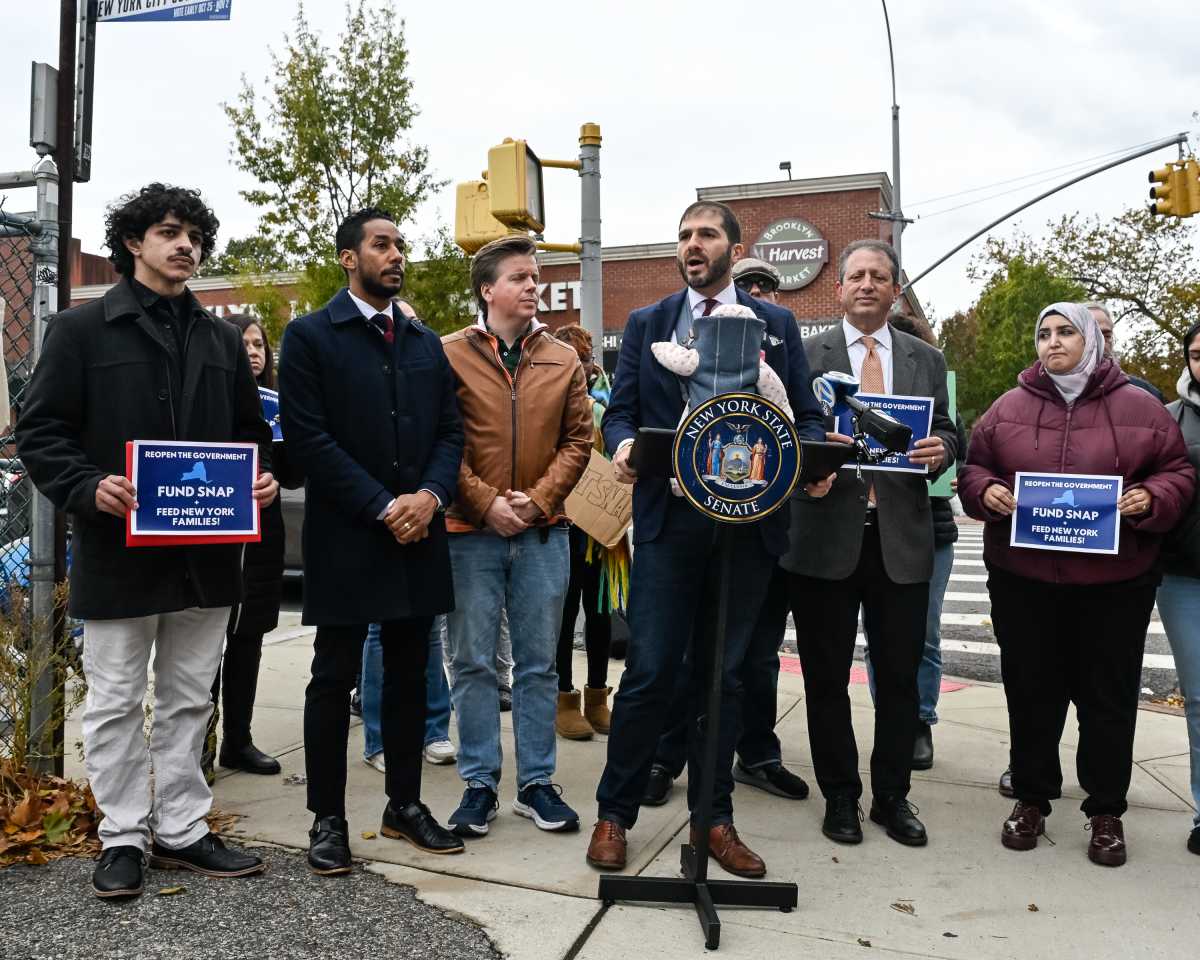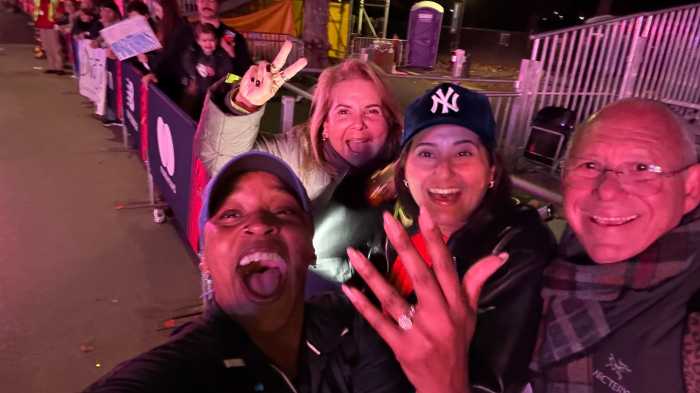Bahamas
Prime Minister Perry Christie is welcoming the liberalization of the telecommunication sector on the island saying “Bahamians would for the first time have competition and competition breeds greater levels of efficiency.”
The liberalization of the sector was one of the campaign promised of then opposition People’s Labor Party (PLP) in 2012, with Christie promising voters that his administration would engage the British telecommunication giant, Cable & Wireless, the lone telecommunication provider in the country on the need to liberalized the sector.
In 2011, amidst public outcry, the Hubert Ingraham government sold controlling shares of the Bahamas Telecommunications Company (BTC) to the London-based telecommunication company for US$210 million.
Christie had promised voters that a PLP government would seek to regain the majority shares and that the party “believes in a share owning democracy” and would sell the BTC shares in tranches to Bahamians.
He said that while the process had taken two years to be fulfilled he remains optimistic that the move is the right one given “some real tragic occurrences recently with the breakdown of the system and dropped calls.”
The prime minister said relinquishing the two percent shares by Cable & Wireless has been agreed upon in principle and currently the two parties are “trying to work through the conditions that are associated with it into a final agreement that should be signed soon”.
Barbados
Barbados has launched a Virtual HIV Research Unit (VHRU) as it seeks to better understand and address issues related to HIV/AIDS.
Comprising 5,000 scientific publications and reports on HIV in Barbados and the Caribbean, the BHRU will be accessible to researchers, students, non-governmental organizations and others through the www.hivgateway.com.portal.
Social Care Minister, Steve Blackett, said the establishment of the VHRU was a step in the right direction.
“Barbados continues to be on par with other developed and developing nations in its HIV information gathering, monitoring and evaluating and compiling of journals on the successes we continue to attain,” Blackett told the launch attended by various stakeholders including Health Minister John Boyce, and chair of the NHAC Research Committee, Professor Clive Landis.
He said the island would “push forward” in its national response towards attaining and HIV-free generation by the year 2018.
Blackett described the VHRU’s arrival as a timely one, which coincided with the beginning of government’s five-year National Strategic Plan for HIV. It aims for zero new HIV infections, zero discrimination and zero AIDS-related deaths by 2018.
Guyana
Police in Guyana have closed a government office that regulated the sale of gold after discovering that millions of dollars’ worth of gold had been laced with silver.
The South American country’s Natural Resources Ministry says the office in the south-west jungle town of Bartica would gold plate – mix of silver and gold and then shipped to the capital as pure gold.
Officials said that several government employees have been detained. Investigation is continuing.
The office was in charge of buying raw gold from miners in the area. Gold is Guyana’s main export.
Haiti
Haiti’s cholera outbreak is still the worst in the world, a top UN Envoy in Haiti said.
Sandra Honore briefed the UN Security Council about the UN peacekeeping mission in Haiti, crime rates, public health and the cholera outbreak.
She told reporters “progress is being made” on the cholera epidemic. Of the 680,820 cases reported since 2010, only six percent arose last year – some 58,000 infections.
Honore said “the overall incidence of the disease has been reduced by half and the fatality rate is below one percent, which is the alert threshold defined by the World Health Organization globally.”
But she told the Security Council Haiti “still has the highest number of cholera cases in the world”.
Health officials in Haiti say the epidemic has killed more than 8,000 people.
In 2012, the United Nations announced a US$2.27 billion initiative to help eradicate cholera in Haiti.
St. Lucia
Caribbean officials have launched a project to monitor volcanic gases on the island of St. Lucia and their impact on people and the environment.
The University of the West Indies Seismic Research Center will help measure sulphur dioxide levels in the air and arsenic levels in the water in the town of Soufriere and nearby areas that are popular with tourists.
The Soufriere Volcanic Center on St. Lucia’s western region features hot springs and mud baths.
University officials say that the eight-month project was launched because of concerns about possible effects of volcanic gases on children, the elderly and asthmatics.
Jamaica
One of Jamaica’s most influential clergymen, Reverend Al Miller will go on trial in July on charges of aiding and abetting a fugitive, arising from the arrest and later extradition of the country’s most wanted man, Christopher “Dudus” Coke in 2010.
Reverend Al Miller appeared in the Corporate Area Magistrate Court last week and the trial was fixed for July 23-25, 2014.
Miller was arrested and charged in June 2010 with perverting the course of justice and harboring a fugitive after he was found in the company of the former Tivoli Gardens-based fugitive who at the time was on the run from security forces.
Coke was captured in the churchman’s motor vehicle along the Mandela Highway in St. Catherine. Miller insisted that he was taking Coke, who was wanted in the United States on drugs and gun running charges to the U.S. Embassy in St. Andrew to surrender.
St. Lucia
Health authorities say there would be more cases of the chikunguyana disease in St. Lucia, after the island recently announced the confirmation of its first case of the mosquito-borne disease.
Chief Medical Officer (CMO) Dr. Merlene Frederick said there is a possibility that other persons on the island may actually have the disease.
She said if St. Lucia has a low mosquito population it is likely that the island would have a small chikungunya problem and conversely a high mosquito population would result in a “more serious outbreak.”
Dr. Frederick said it was for that reason the Ministry of Health is encouraging citizens to ensure that they start eliminating breeding places for mosquitoes.
Trinidad
Police are investigating the apparent murder/suicide incident in which a controversial pastor shot and killed his brother, ran over his nephew with a vehicle, set fire to his house and shot himself to death in Central Trinidad recently..
Pastor Vishnu Lutchmansingh, 54, made headlines in Trinidad and Tobago a few years ago when he claimed he inherited several billion dollars from an American businessman and he had duped businessmen into lending him thousands of dollars.
Lutchmansingh was later charged with about 50 counts of fraud and was on bail when he shot his younger brother Kishan and took his life.
Kishan and three friends were in their garden in the farming community of Las Lomas when they were attacked. The three men managed to escape leaving behind Kishan behind.
Trinidad
Trinidad and Tobago has lodged an appeal of a ruling by Venezuelan authorities in relation to eight Muslims who remained detained in that country after they were held by the Venezuelan Intelligence Services on March 19, Foreign Affairs Minister Winston Dookeran said.
Dookeran said the appeal of the ruling under which the men were detained without bail is expected to be heard soon.
The foreign affairs minister said the matter was “still under the investigatory process” by the head of a team of seven persons who traveled to Caracas on March 27.
He said on March 19, a total of 23 citizens, including women and children were detained by the Venezuelan Intelligence Services.
The women and children were later freed and they returned home.
The Muslims had gone to Venezuela to obtain visas for a pilgrimage to Saudi Arabia.
They had in their possession more than $100,000 US and 6×1 T&T passports.
They are accused of plotting to overthrow the Nicholas Maduro government.
Compiled by Azad Ali


